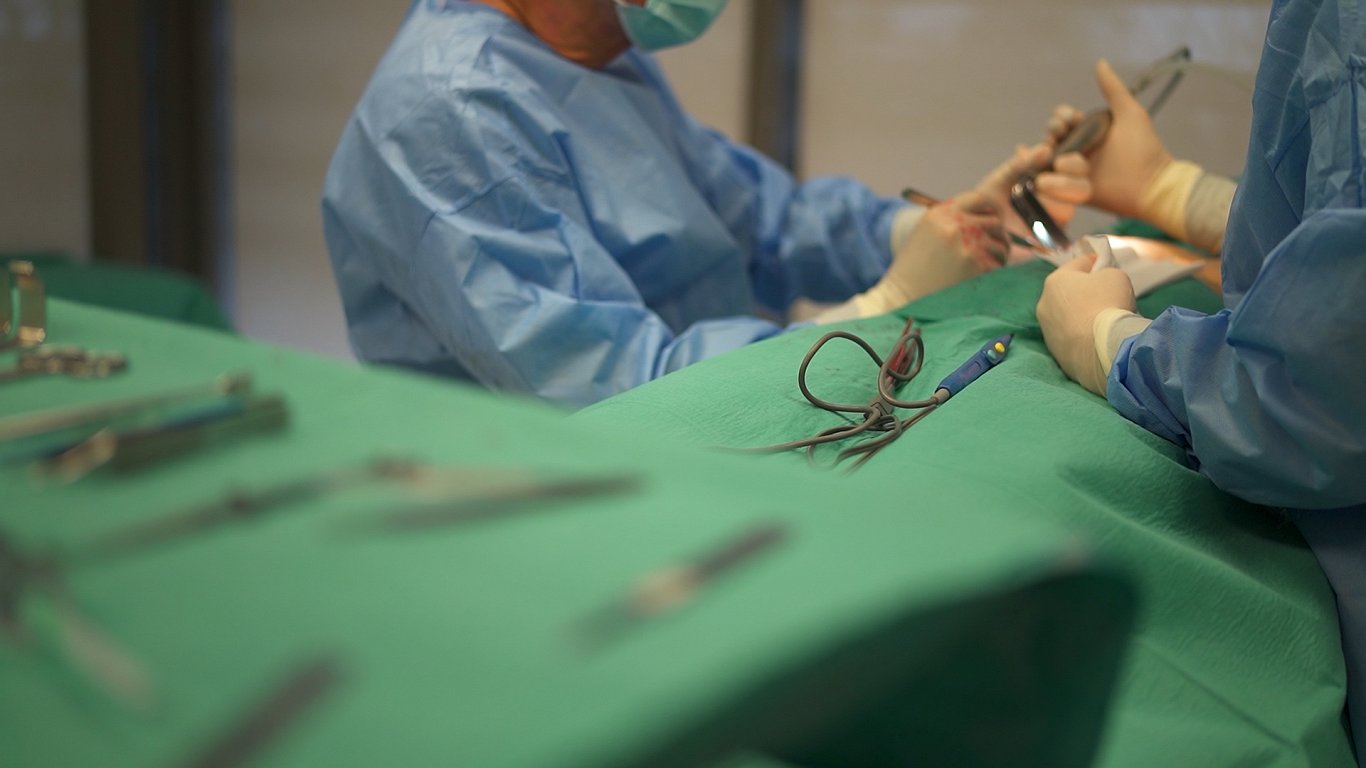In recent days, several patients have complained to Latvian Radio about the long queues for chemotherapy. Olga Valciņa, chairwoman of the board of the Onkoalianse, confirmed that she is aware of the problem. It is long-unsolved and unsorted but has now become topical again. A month, sometimes two or three months reportedly pass while waiting in line.
In cases where chemotherapy is a prerequisite for an operation, such delay prolongs the wait for it, although surgeons would be prepared to operate faster.
“We have also heard from surgeons, for example, that they are prepared to have surgeries within two weeks, but if chemotherapy is required before surgery, then it can all drag on for months,” Valciņa noted, adding that there are patients who need help urgently, who cannot wait, and for many, days and weeks are crucial. But the queues are just one part of the problem.
“We have a number of patients who say that for the duration of active chemotherapy, they pay for every visit to the doctor because there is no scheduled state-paid visit to the doctor before each chemotherapy,” Valciņa said, explaining that a visit to the doctor is mandatory because the doctor assesses whether the patient can be given medication. “Either just before chemotherapy or a couple of days in advance. But you can't come like that if no one's seen for months and let the medicine in right away.”
One visit to a doctor costs between €40 and €50 and up to €80 if advised by a professor.
Thus, on the one hand, the availability of consultations has not been arranged, and, on the other, the Onkoalianseknows that doctors are lacking. 25-30 patients per day are much too many per specialist, as each patient should be given time: some come for the first time, some don't have the medication anymore, some have exhausted all the treatment options, so the approach has to be very personal.
Unfortunately, patients also have to wait when their turn to chemotherapy has arrived: one patient, who did not want her identity recorded, told Latvian Radio that it tends to be that she arrives at the hospital as early as eight o'clock in the morning, but hasn't got out by lunchtime yet, although in her case the procedure itself only takes about an hour.
Valciņa, the head of the Onkoalianse, also acknowledged that this long-unsorted line situation is a favorable environment for patients to try to address it with money, with the good old “envelopes.” As Valciņa put it, some buy time, others buy attention and respectful attitudes.
The State Audit Office also reported recently that Latvia does not ensure timely diagnosis of oncological illness and compensation for the necessary medicines, mainly due to organizational issues, even though oncology is said to be a priority in the country.





























